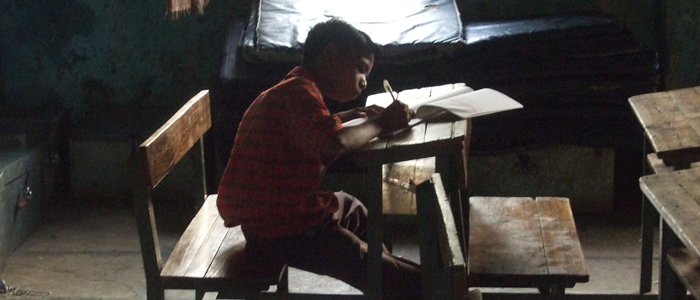Navigation auf uzh.ch
Navigation auf uzh.ch

The production, control, organization, and dissemination of knowledge is central to society. However, the ways in which this is done differ greatly. At the chair we explore various types of knowledge, both institutionalised (e.g. scientific knowledge) and less institutionalised forms. We are particularly interested in looking at both the interconnections and conflicts between different types of knowledge production as well as any accompanying transformations, since the former often influence social structures and thus create new social challenges.
Our approach to knowledge (trans)formation is based on perspectives from the anthropology, sociology, history, and philosophy of knowledge and aims to combine the diverse methodological approaches from these disciplines. In this context, we cooperate closely with the Centre for the History of Knowledge (Zentrum Geschichte des Wissens). We thereby focus on the interconnections of different knowledge traditions and their relevance in the everyday lives of people and we combine genealogical and epistemological approaches with an emphasis on practical and embodied knowledge. To this end, we deal with the analysis of the discursive conditions of the possibility of certain types of knowledge production. A further topic at the chair is the history of anthropology and a reflexive examination of the ways in which knowledge is produced in the discipline.
Last but not least, we understand knowledge as a basic category for the analysis of human action. Therefore, concepts that could be seen as the knowledge’s ‘Others’, such as faith, doubt, ignorance, indifference or forgetting, should also be taken into account. This approach is congruent to our approach to religion and medicine.
Centre History of Knowledge (ZGW)